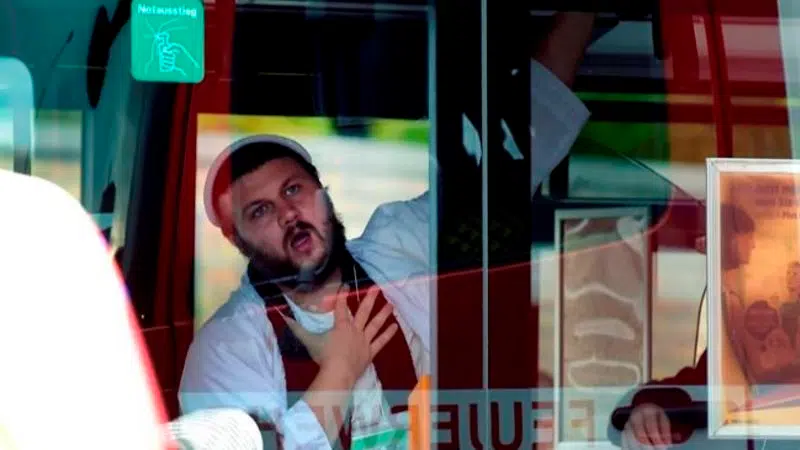
2 dead in attack targeting German synagogue on Yom Kippur
HALLE, Germany — A heavily armed assailant ranting about Jews tried to force his way into a synagogue in Germany on Yom Kippur, Judaism’s holiest day, then shot two people to death nearby in an attack Wednesday that was livestreamed on a popular gaming site.
The attacker shot at the door of the synagogue in the eastern city of Halle but did not get in as 70 to 80 people inside were observing the holy day.
The gunman shouted that Jews were “the root” of “problems” such as feminism and “mass immigration,” according to a group that tracks online extremism. It said a roughly 36-minute video posted online featured the assailant, who spoke a combination of English and German, denying the Holocaust before he shot a woman in the street after failing to enter the synagogue. He then entered a nearby kebab shop and killed another person before fleeing.
Germany’s top security official, Interior Minister Horst Seehofer, said authorities must assume that it was an anti-Semitic attack, and said prosecutors believe there may be a right-wing extremist motive. He said several people were hurt.


